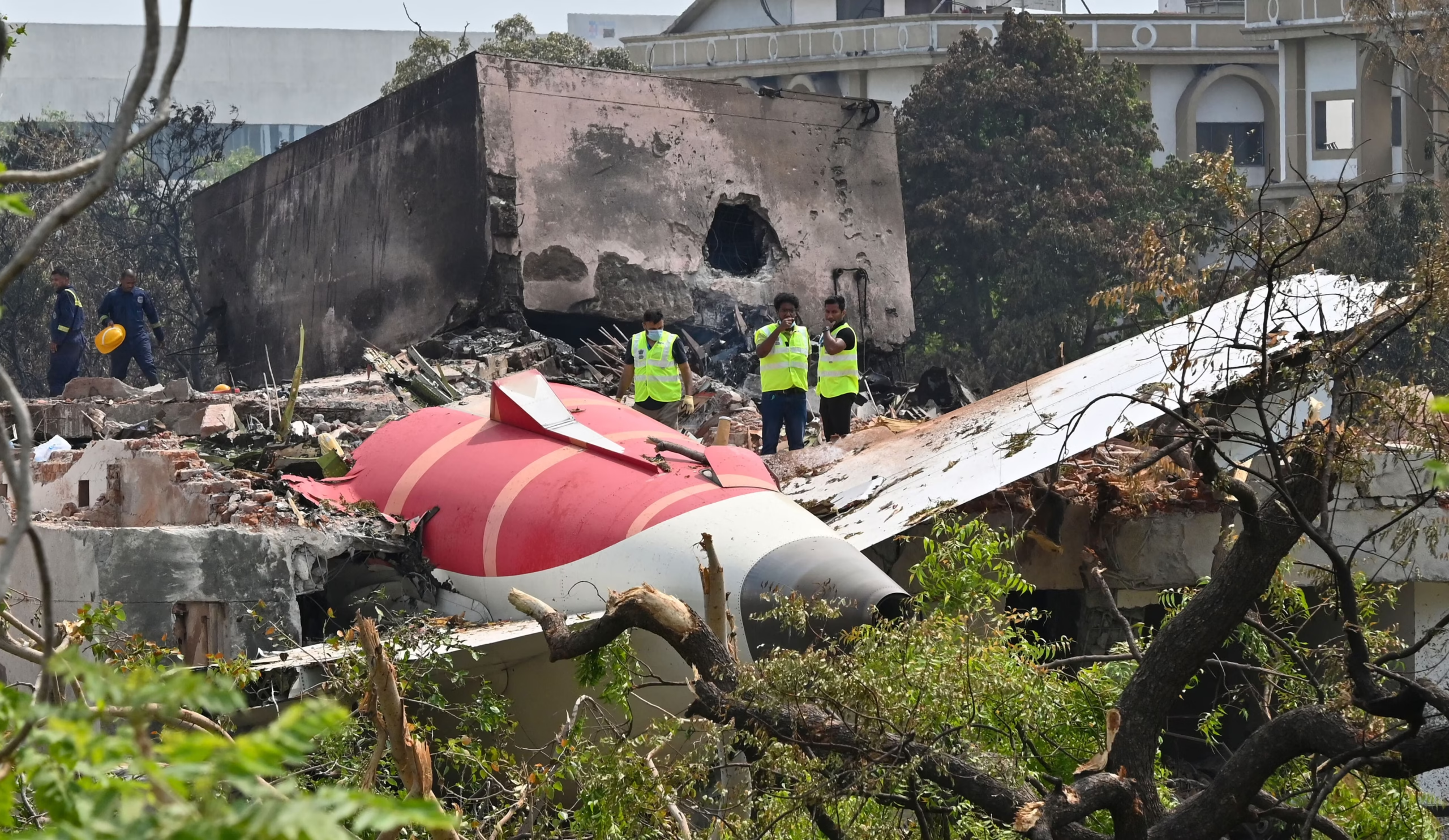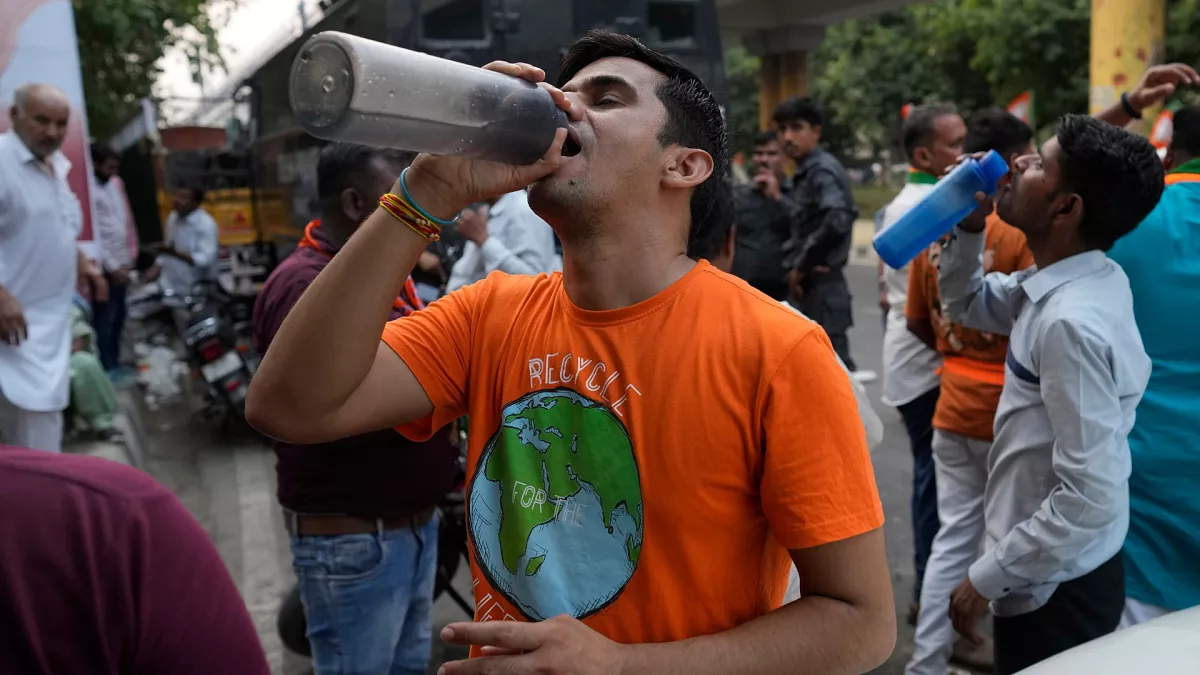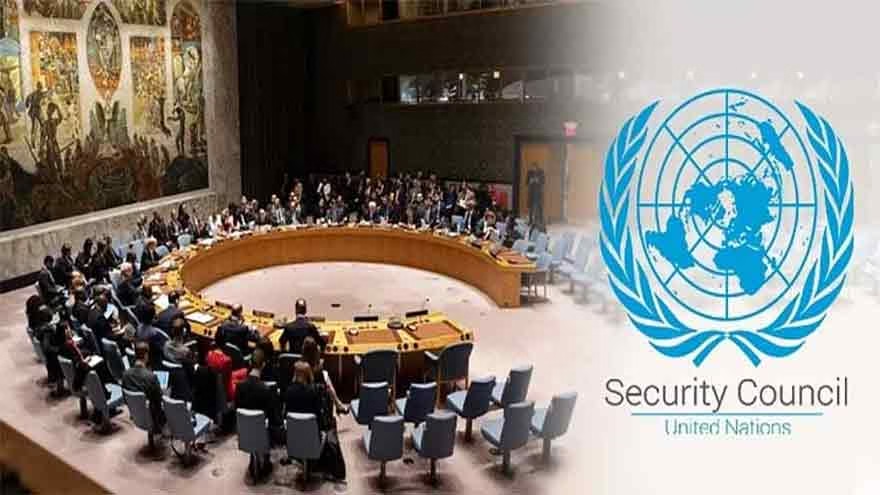Air India Chairman N. Chandrasekaran has urged employees to turn last week’s deadly plane crash into a turning point for building a safer and more resilient airline. Addressing around 700 staff during a town hall at the airline’s headquarters near New Delhi on Monday, he called the tragedy the “most heartbreaking” crisis of his career.
“I’ve seen a reasonable number of crises in my career, but this is the most heartbreaking one,” Chandrasekaran said, according to a spokesperson for the Tata Group, which owns Air India. “We need to use this incident as an act of force to build a safer airline.”
The crash, involving a Boeing 787-8 Dreamliner carrying 242 passengers bound for London’s Gatwick Airport, occurred shortly after take-off from Ahmedabad on Thursday. The aircraft reportedly began losing altitude seconds after liftoff and crashed into buildings, erupting into flames. All but one onboard died, along with at least 30 people on the ground, marking it the deadliest aviation disaster globally in a decade.
Indian authorities and the airline are investigating several factors, including the aircraft’s engine thrust, flap settings, and the unusual deployment of the landing gear during takeoff.
Chandrasekaran emphasized the complexity of modern aircraft and the importance of awaiting the investigation’s findings. “It’s a complex machine, with redundancies, checks and balances, and years of perfected certification—yet this happens. We’ll understand why once the investigation concludes,” he said.
The tragedy comes at a critical time for both Air India and Boeing. The airline, under Tata Group’s leadership since 2022, has been trying to modernize its ageing fleet and improve safety standards following years of operational challenges under government control. Boeing, meanwhile, faces renewed scrutiny amid a series of safety and quality issues across its aircraft programs.
Just days after the crash, another Air India Boeing 787-8 Dreamliner flight from Hong Kong to New Delhi returned shortly after takeoff due to a technical issue.
“It’s not easy to face criticisms,” Chandrasekaran admitted. “We are going to get through this. We need to show resilience.”
In Ahmedabad, grieving families continue to await the identification and return of their loved ones’ remains. So far, 99 bodies have been identified through dental and DNA testing, and 64 handed over to relatives, according to Rakesh Joshi, Medical Superintendent of the city’s civil hospital.
Authorities confirmed on Sunday that both the flight data recorder and cockpit voice recorder have been recovered, crucial tools in determining the cause of the crash.



